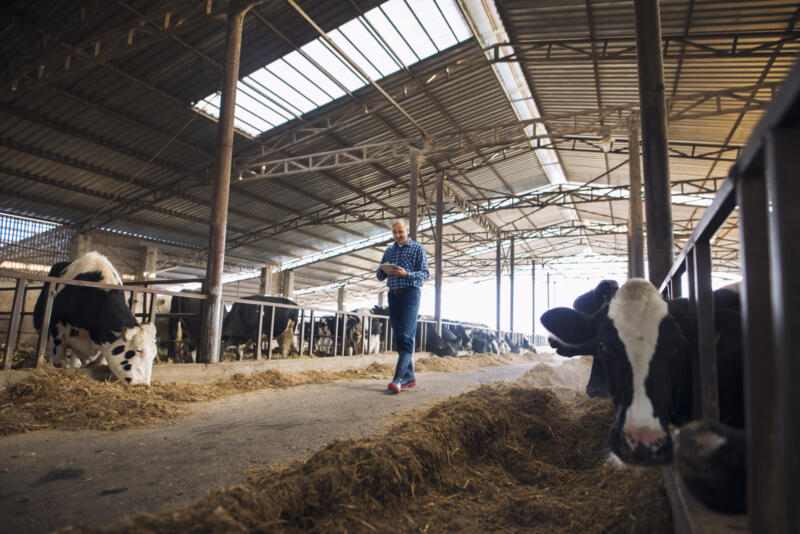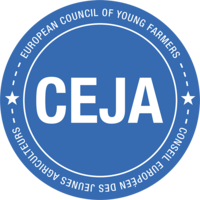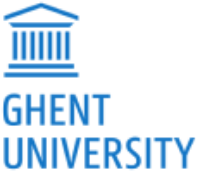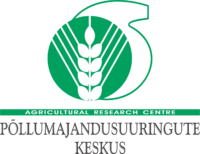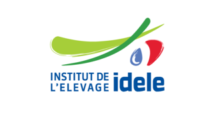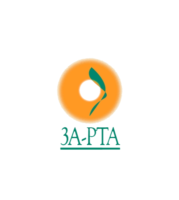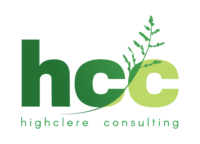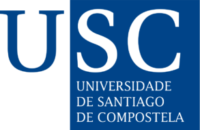In the seven years of implementation of the Horizon 2020 Framework Programme, the European Commission invested nearly one billion euros in projects related to agriculture, forestry and rural development. These projects have created a large number of various digital knowledge objects, including among others research publications, practice abstracts, reports, videos, podcasts, and infographics with valuable information and knowledge about best and innovative practices. However, the use of this knowledge has not yet been realised to an adequate extent. The fact that most of this digital content ceases to exist after the end of the projects that have created it results to a limited uptake by the various agricultural stakeholders and actors for further research and development. Hence, there is a need for ensuring a long-term availability of this content based upon good data sharing practices.
The need for a ‘FAIR’ data model
FAIR stands for Findability, Accessibility, Interoperability, and Reusability. The FAIR data principles have been developed as guidelines for good data sharing practices. A well-designed data model, built based on the FAIR principles, can help to deliver digital content from various digital repositories in a uniform way.
> Read more about the FAIR principles
Hercules Panoutsopoulos, Christopher Brewster and Spyros Fountas, who are the authors behind the paper, ‘A Semantic Data Model for a FAIR Digital Repository of Heterogeneous Agricultural Digital Objects’ explain their work with the EUREKA EU FarmBook data model:
“The EUREKA FarmBook’s data model, designed upon well-acknowledged semantic web standards, is an initiative that paves the way towards the development of FAIR repositories of uniformed, agricultural digital objects. The data model proposed in the EUREKA project will be used to define a set of ‘metadata’ - meaning additional information about the knowledge objects that will help to adequately describe and find, in the FarmBook, any knowledge object no matter what its source is. Moreover, it is also intended to serve as a reference model to be adopted by future projects, for the description of the variety of the data and information that will be generated in their context and become available through their own, custom repositories. This will facilitate a uniform, standards-based approach in the characterisation of agricultural digital objects and enable a broader uptake and re-use”.
The work presented in this documented has taken place in the Horizon 2020 EUREKA project receiving funding from the EU under the No 862790 Grant Agreement
















